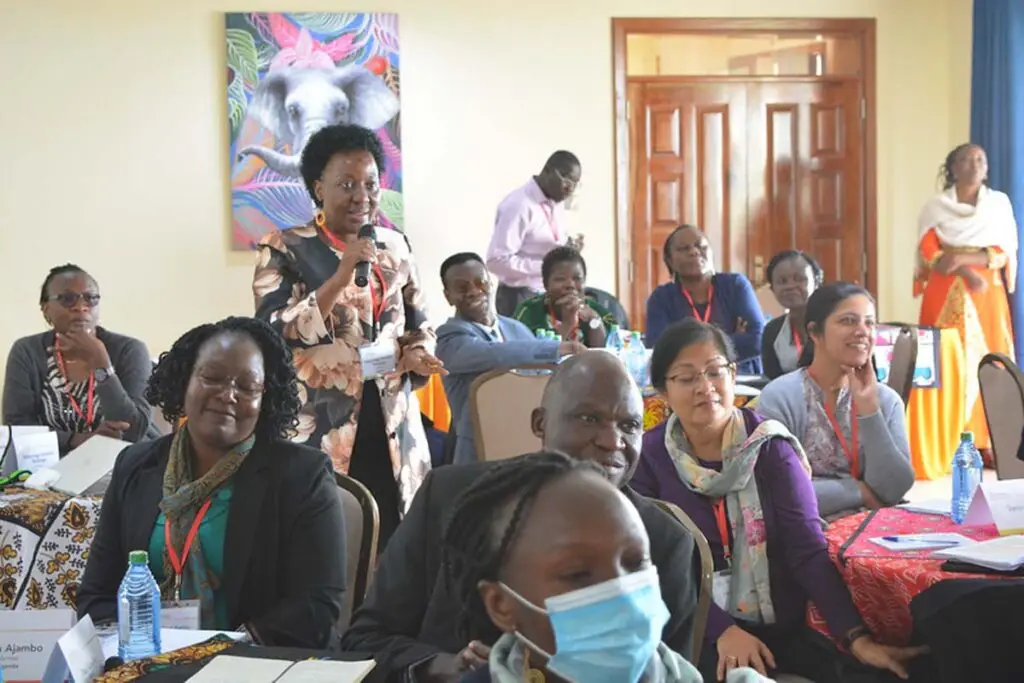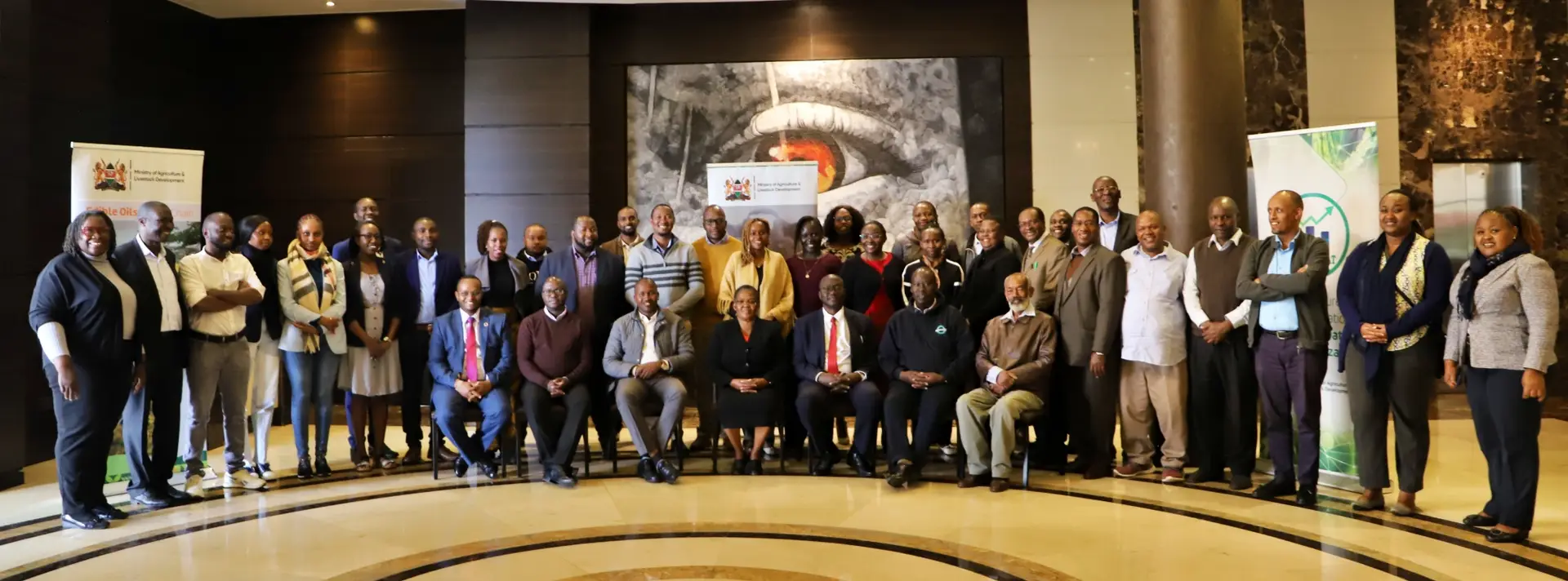The Mentoring Orientation Workshop (MOW) for gender researchers in the CGIAR network and National Agricultural Research Institutes (NARIs) held from October 16–20, 2023, in Naivasha, Kenya, equipped researchers with mentorship skills while creating a space for professional growth and collaboration.
Purpose of the Workshop
The central goal of the MOW was to strengthen the capacity of gender researchers working in agricultural and development research. In particular, to foster mentorship practices that promote knowledge exchange, career development, and inclusive leadership.
Training and Interactive Sessions
Over the five days, participants engaged in interactive sessions, group discussions, and practical exercises. These activities were tailored to build competencies in mentorship, leadership, communication, and research collaboration. As a result, participants left with not only new skills but also the confidence to apply them in their institutions and projects.
The methodology emphasized learning by doing. Practical exercises allowed researchers to reflect on their own mentorship styles, share experiences, and develop strategies to guide younger colleagues effectively.

Networking and Collaboration
The workshop also created opportunities for networking and professional connection. Researchers interacted with peers and senior experts in gender and agricultural research, building relationships that will extend beyond the event. Moreover, these connections are expected to foster cross-institutional collaboration and strengthen collective efforts toward gender-responsive agricultural research.
Advancing Gender-Inclusive Research
Through this initiative, CGIAR and NARIs reaffirmed their commitment to gender inclusivity in agricultural innovation. By equipping researchers with mentorship skills, the organizations aim to ensure that agricultural solutions are more equitable, responsive, and reflective of community diversity.
Looking Ahead
The Mentoring Orientation Workshop in Naivasha marked a crucial step toward embedding gender considerations in research and innovation. Going forward, the lessons and networks built during the event will empower researchers to champion inclusivity, mentor future leaders, and contribute to more impactful agricultural outcomes.




